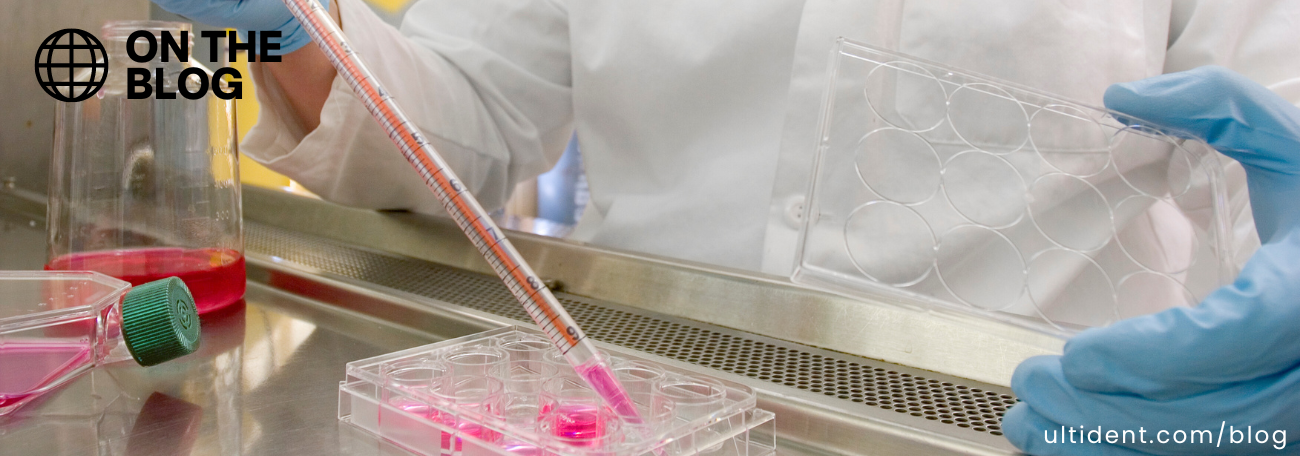On the Blog
-
6 MayRead more »
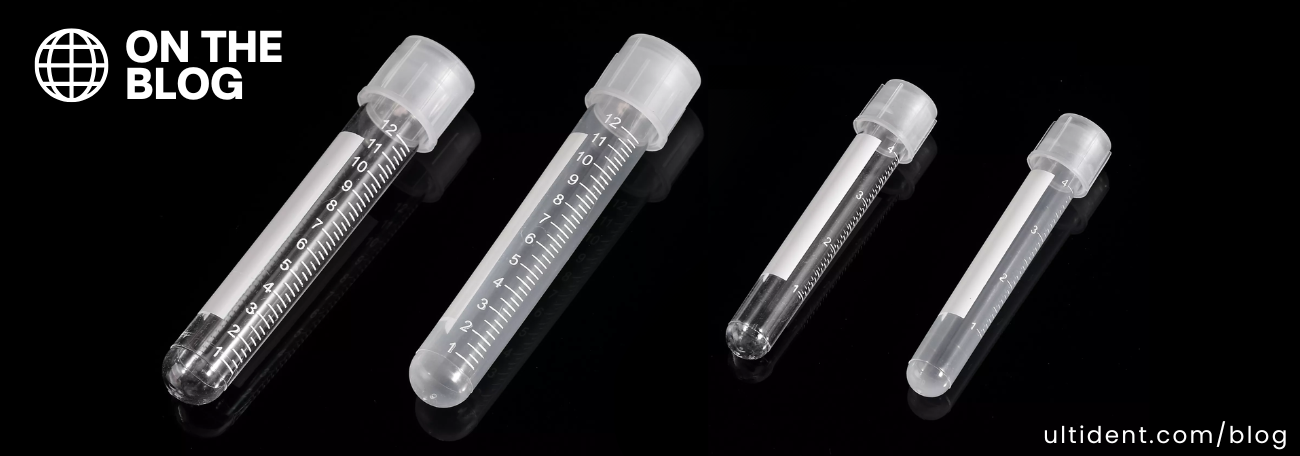

Flexible Culturing with a Click: How 2-Position Tubes Simplify Aerobic and Anaerobic Workflows
Whether you're working with aerobic organisms that require oxygen or anaerobic cultures that must be protected from it, UltidentBrand Culture Tubes with 2-Position Caps are designed to simplify your workflow and help you maintain ideal growing conditions.
Each sterile, disposable tube is equipped with a ribbed polyethylene (PE) cap that securely clicks into two distinct positions, giving researchers the flexibility to work across different culturing environments without needing to change tubes.
How it works:
-
20 JanRead more »


Precision in PCR: Why Materials Make the Difference
In the lab, the success of PCR (polymerase chain reaction) experiments depend on many factors from thermal cyclers to reagent quality. However, one often-overlooked component is the PCR consumables themselves. The design and material of these consumables, such as PCR tubes, strip tubes, and plates, are critical for ensuring experimental accuracy, efficiency, and reproducibility. PROGENE® PCR consumables are specifically engineered to address these needs, empowering researchers with tools that enhance performance at every step.
1. Uniform Thin-Wall Design: Precision in Heat
-
11 NovRead more »
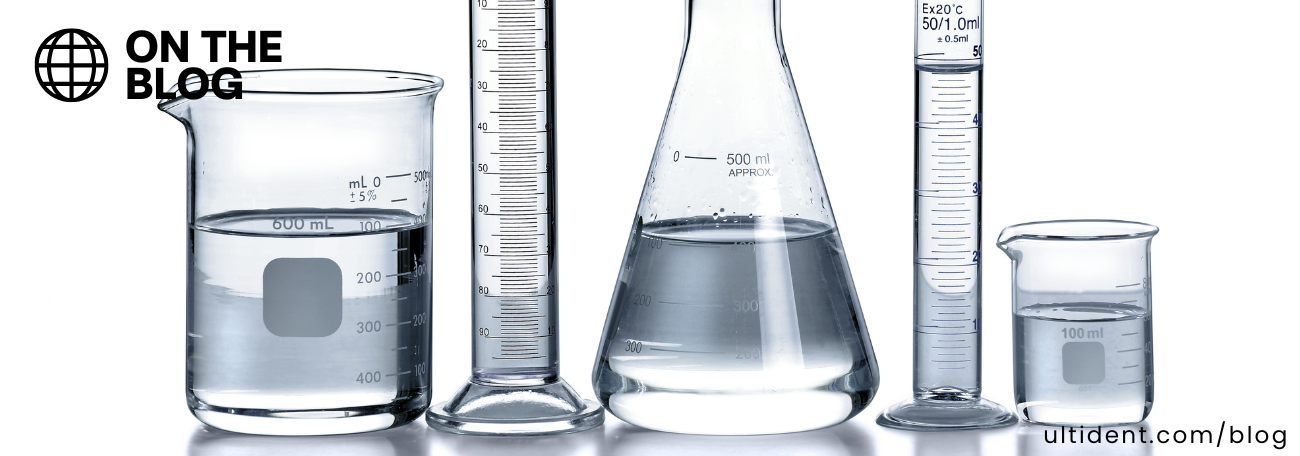

How to Maintain Your Borosilicate Laboratory Equipment for Longevity
Borosilicate glass is prized in laboratory settings for its exceptional thermal resistance, chemical durability, and clarity. Found in everything from media storage bottles to beakers and flasks, borosilicate glassware can be long-lasting asset for any lab. However, to ensure that it remains in optimal condition, proper maintenance is essential. Below are practical tips to help you extend the lifespan of your borosilicate glassware.
1. Clean Regularly with Mild Solutions
- Use Appropriate Cleaning Solutions: Select cleaning agents that are effective yet safe for your specific glassware and experimental needs. Many labs find pH-neutral detergents ideal, but cleaning methods may need to be adapted depending on the type of contaminants and the sensitivity of your work. Avoid harsh chemicals unless necessary, as they may
-
9 OctRead more »
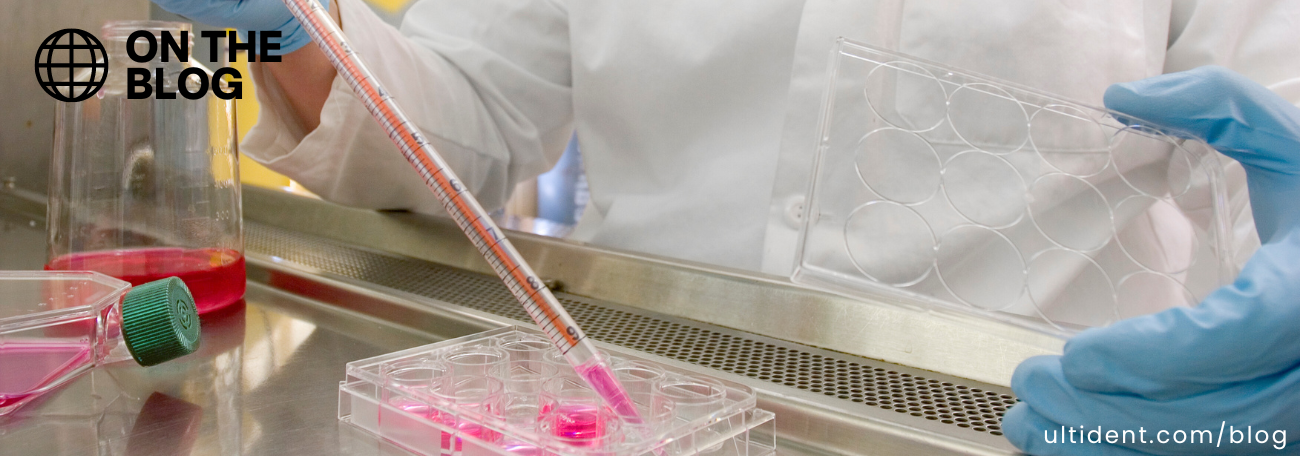

Why PROGENE® Cell Culture Products Are the Best Choice for Your Lab
When working in a lab focused on cell culture applications, selecting high-quality materials from a reputable supplier can be the key to achieving reliable and reproducible outcomes. PROGENE®, an exclusive private label of Ultident Scientific, has been engineered to meet the needs of today’s laboratories. With advanced design features, consistent quality, and competitive pricing, PROGENE® offers a complete range of cell culture solutions, establishing Ultident Scientific as a trusted partner for research labs across Canada.
-
19 AugRead more »
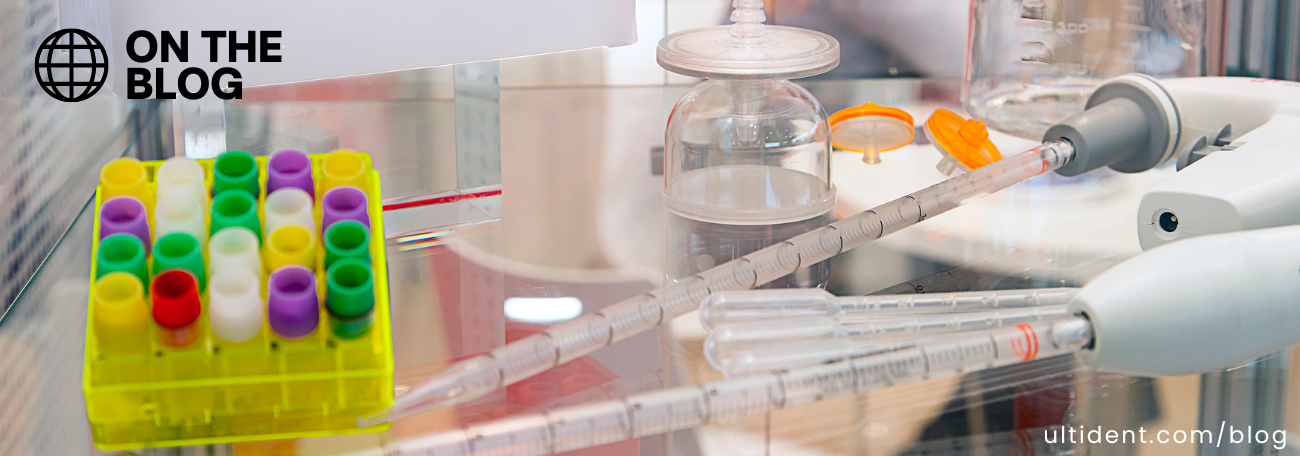

Comparing Lab Plastics: Properties, Applications, and Limitations
In modern laboratories, plastic labware has largely replaced glass for applications requiring flexibility, durability, and suitability for cryogenic temperatures. However, selecting the right plastic for your specific needs is crucial for ensuring accurate results, maintaining lab safety, and meeting experimental requirements.
Key Factors
The
-
13 JunRead more »
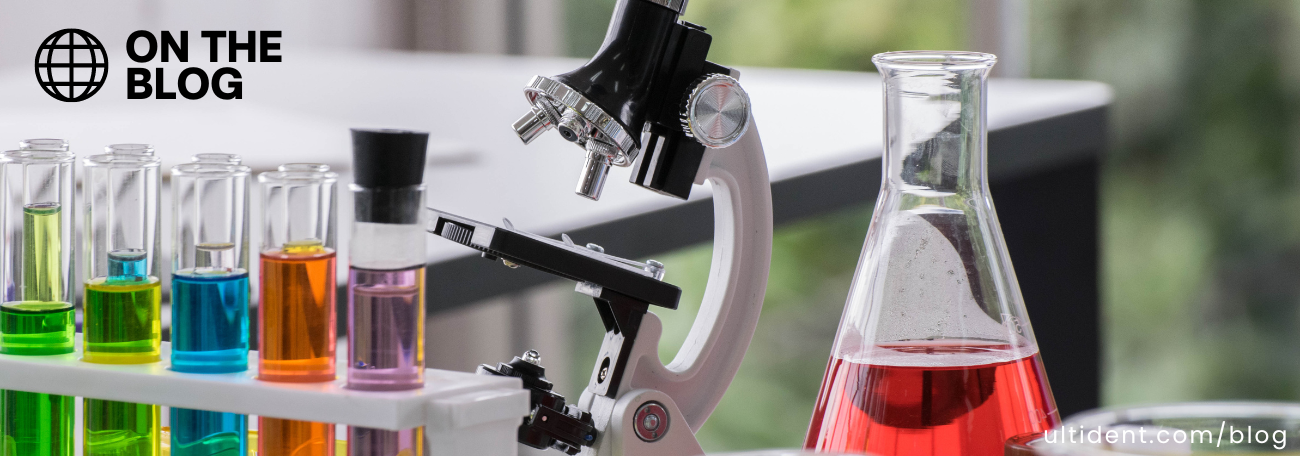

Your Lab's Summer Survival Guide : A Checklist for Staying Cool and Efficient
Summer months can bring unique challenges in the lab, with unpredictable temperature fluctuations and staffing changes that can easily disrupt the usual flow of operations. Use this checklist to ensure your lab thrives, laying the groundwork for a smooth and successful season.
1. Temperature and Humidity Control
☐ Ensure that air conditioning systems are functioning correctly to maintain stable temperature and humidity levels. Extreme heat and humidity can affect the performance of sensitive equipment and the stability of reagents and samples.
☐ Use digital thermometers and hygrometers with alarms to continuously monitor lab conditions.
-
4 AprRead more »


Towards a Greener Horizon: Ultident Scientific's Renewed Commitment to Sustainability
Dear Valued Customers,
At Ultident Scientific, we believe in the power of science to drive positive change in the world. That's why we're excited to announce our updated Corporate Social Responsibility and Sustainable Development policy, which reaffirms our dedication to environmental stewardship. We understand the impact our operations can have on the planet and society, and we're committed to continuous improvement towards a more sustainable future.
Here's what you can expect from our renewed commitment:
- Innovating for Sustainability: We are dedicated to developing and distributing products that are safer, cleaner, and less resource-intensive while remaining responsive to your needs. Our goal is to align our offerings with both environmental goals and market demands.
- Reducing Environmental Impact: We're working to minimize
-
13 MarRead more »
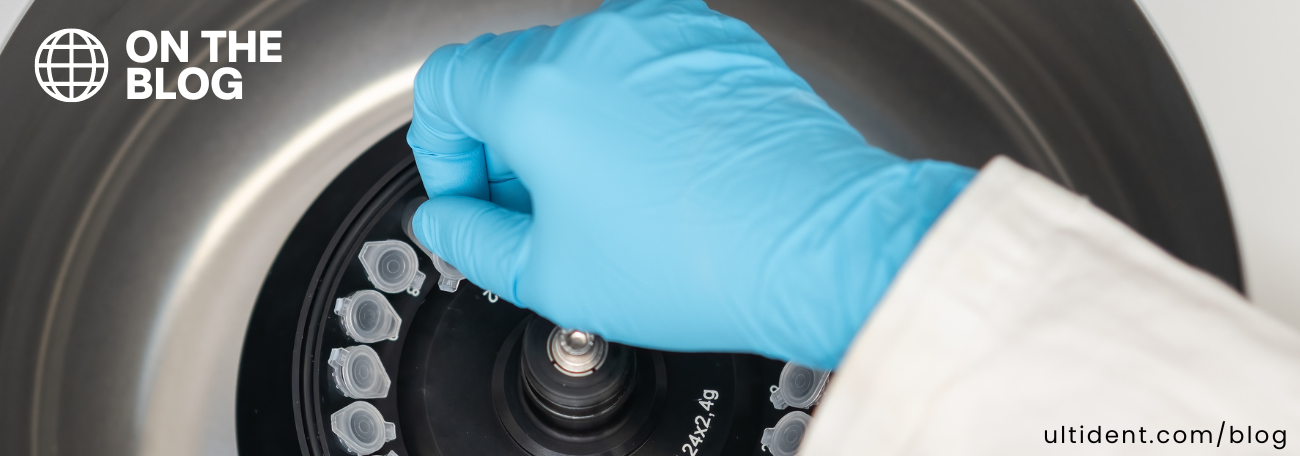

Essential Tips for Choosing Quality Microcentrifuge Tubes
Microcentrifuge Tubes (MCTs) are essential tools used in labs worldwide, playing a critical role in molecular biology, biochemistry, research, and clinical applications. However, not all MCTs are created equal, and selecting the right ones can make a significant difference in experimental outcomes. In this guide, we'll explore the essential factors to consider when choosing MCTs – and give you some tips on how to spot low-quality options.
-
9 NovRead more »
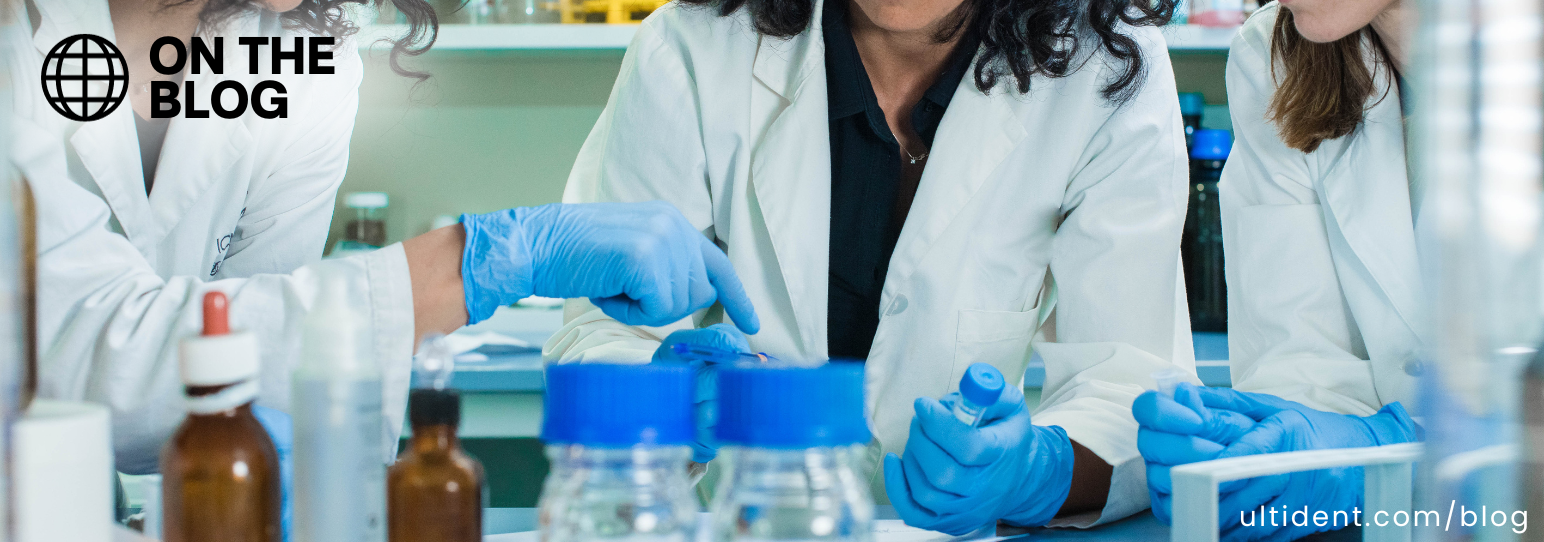

Compatibility Myths: Debunking Four Common Misconceptions About Consumables in Laboratory Research
As researchers work to advance our collective knowledge, they rely on various lab equipment and consumables to ensure the accuracy of their experiments and analyses. Yet, within this landscape, common misunderstandings about the compatibility of lab supplies persist. In this article, we debunk four common misconceptions surrounding the use of non-OEM (Original Equipment Manufacturer) consumables in the life science industry.
For this article, we define Original Equipment Manufacturers (OEMs) as the companies responsible for producing and supplying equipment (pipettes, thermal cyclers, plate readers, centrifuges, spectrophotometers, etc.) under their branding. OEM consumables refer to products produced by the same company that manufactures the associated equipment.
1. Quality Assurance:
Myth: Some researchers are brought to believe that the
-
1 AugRead more »
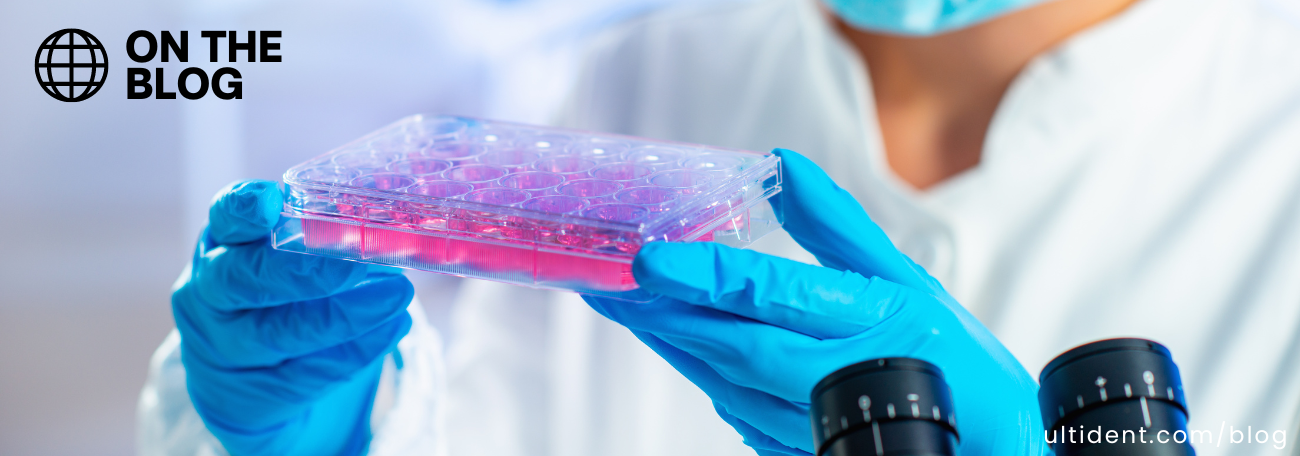

Exploring the Future of Cell Culture with 3D, Lab-on-a-Chip, and Organ-on-a-Chip Technologies
The field of cell culture has undergone remarkable advancements in recent years, revolutionizing the way scientists study and understand cellular behaviour. This article explores the key concepts and advancements in 3D cell culture, Lab-on-a-Chip, and Organ-on-a-Chip technologies.
What is 3D Cell Culture, and why is it different from 2D?




